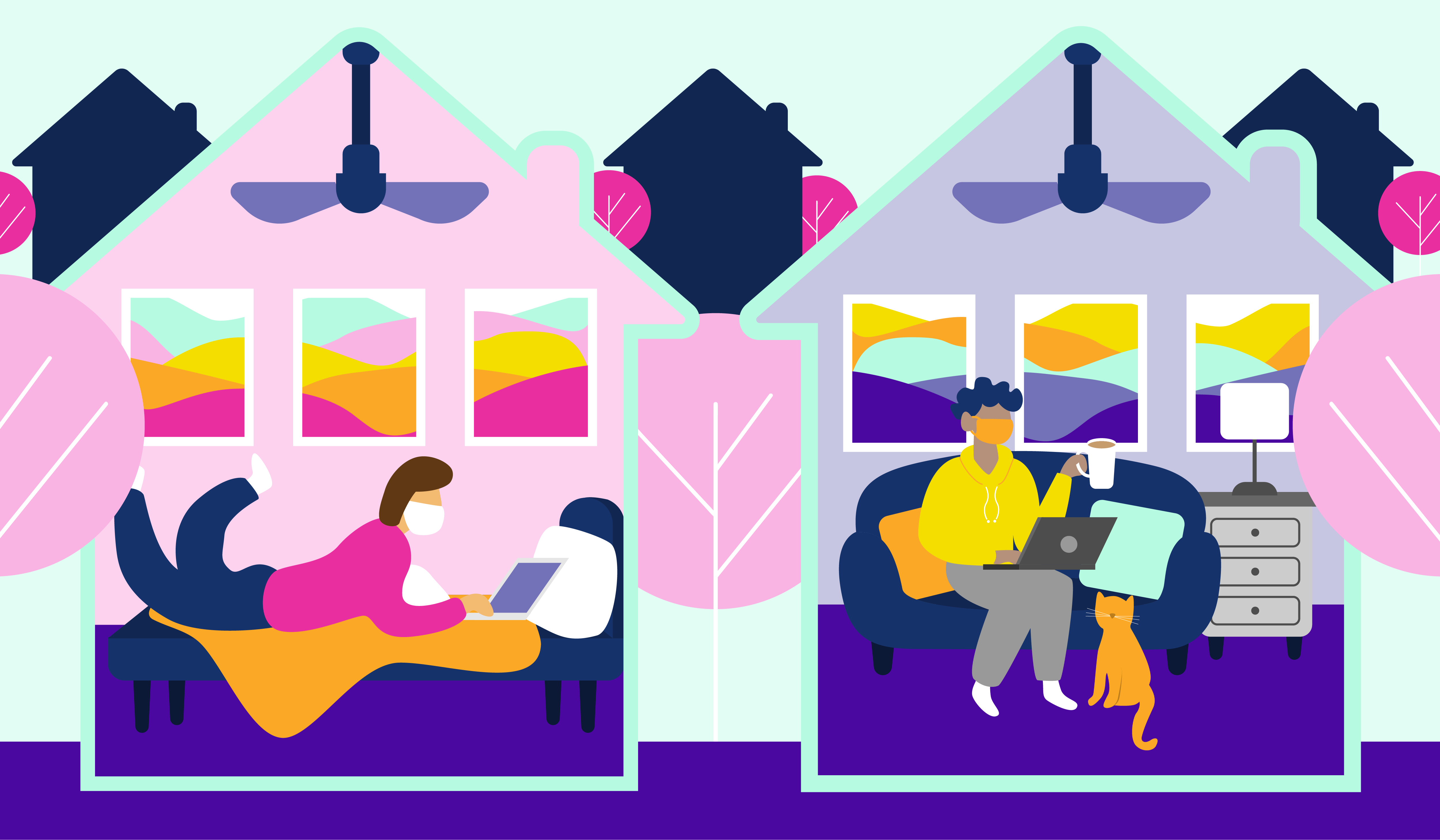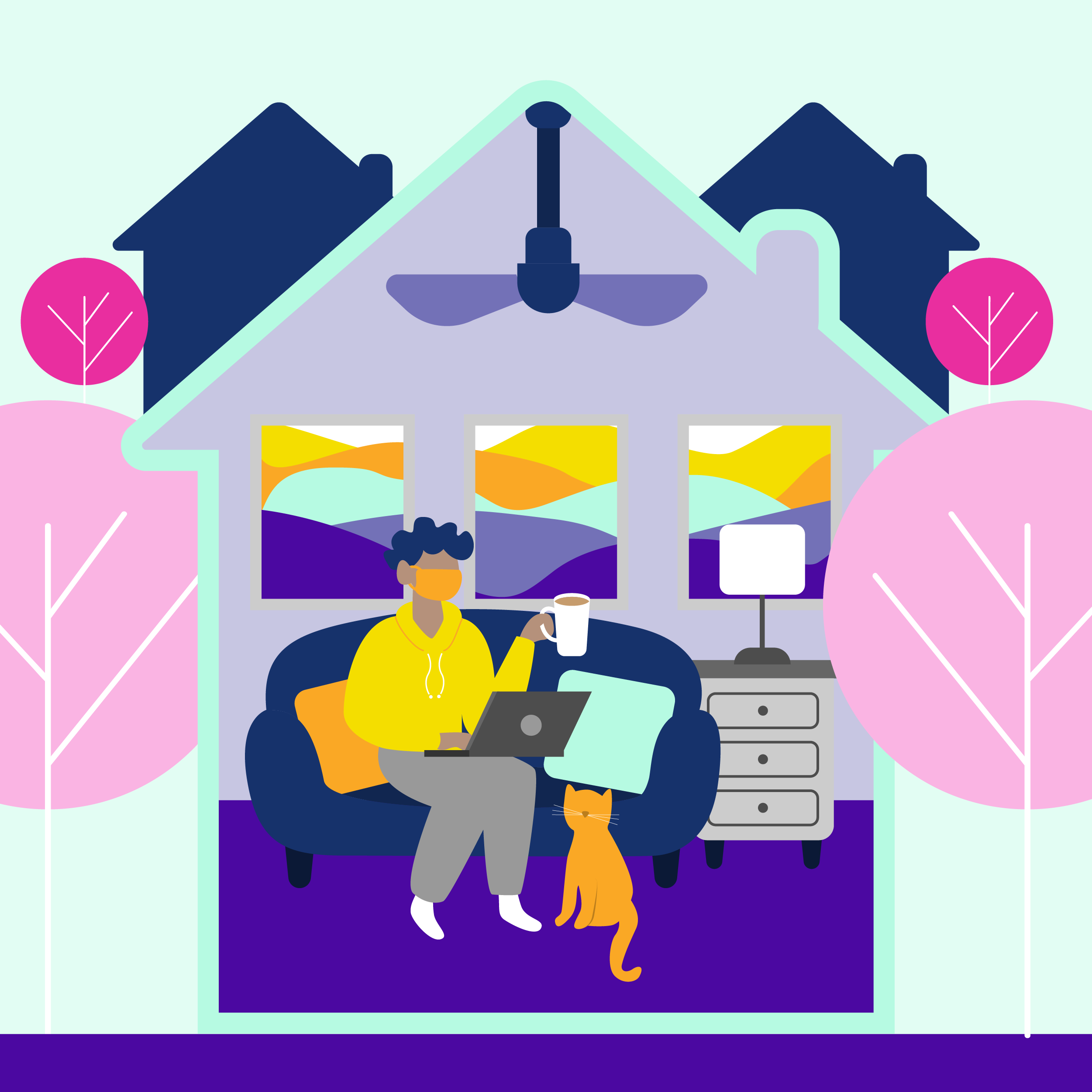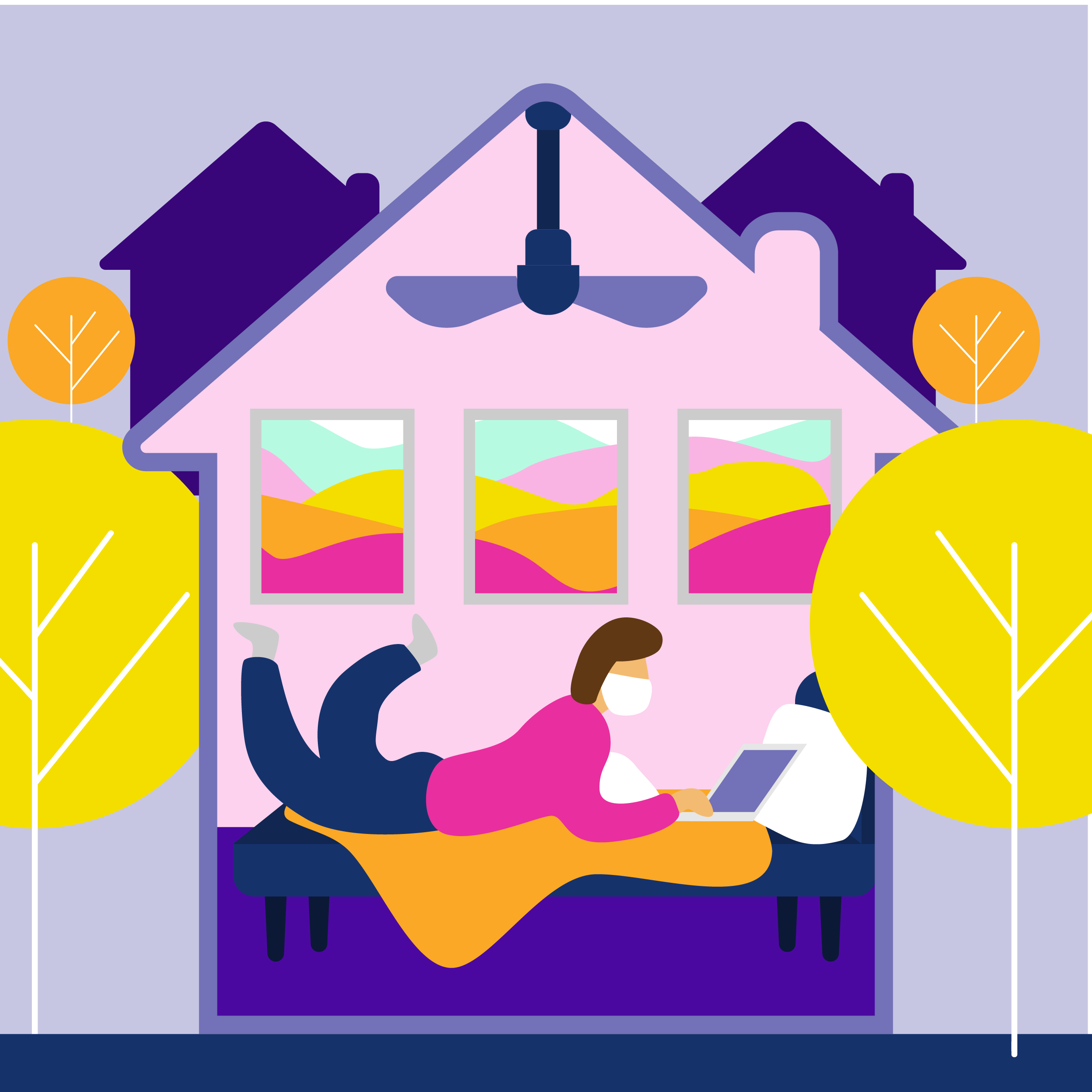
Have you been in close contact with someone who has COVID-19 or are you experiencing symptoms? You may be asked by your health care provider to get tested and to isolate if your results come back positive.
What do I do if I’ve been exposed?
If you have been in close contact with someone who has tested positive for COVID-19, then you have been exposed.
If you have been exposed:
- Get tested 5 days from exposure.
- Wear a mask while indoors and around others for 10 days, including within the home.
- Self-monitor for symptoms for 10 days.
Health & Wellness Services has COVID-19 tests available to students. Please call our appointment line at 507.457.5160 or contact Ask-A-Nurse for a COVID-19 test.
If you have questions about exposures, please contact Ask-A-Nurse.
If symptoms develop or tests come back positive...
Please start isolating immediately and fill out the self-report. Review the guidance below for how to isolate safely.

What is Isolation?
Isolation asks a sick person who is infected with COVID-19 to stay home and separate themselves from others, including those within their household.
Regardless of vaccination status, if you test positive or have symptoms of COVID-19 you must:
-
- Stay home and isolate for 5 days.
- If you have no symptoms or symptoms have improved after 5 days, you can leave your house.
- Continue to wear a mask around others for an additional 5 days, including around the house.
To end isolation, it must be a full 5 days since the onset of symptoms and symptoms must be improving (such as fever free for 24 without using medication).
If you experience loss of taste or smell as one of your COVID-19 symptoms, it may take weeks or even months to regain those senses.

If you test positive for COVID-19, including at home tests, please fill out the self-report
What Does Isolation Look Like?
1. Stay home and do not go out in public.
Do not leave your house or isolation zone, except to receive medical care. This means not going to in-person classes, going to work or running essential errands.
Use contactless delivery to get your essential needs, such as food and meals.
2. Stay away from other members in your household.
This means staying in your room or designated isolation zone within your house or residence hall.
Share a common bathroom safely with others by checking out our tips which include increasing ventilation, wearing a mask, and waiting in-between uses.
3. Avoid sharing personal items.
Avoid sharing personal items with others within your household including blankets, pillows, sheets, towels, dishes, cups, and utensils.
4. Wear a mask.
Wear your mask every time you leave your isolation zone, such as using a shared bathroom, or when interacting with others–such as with your caretaker.
How to Combat Symptoms
Stay Hydrated
Stay hydrated by drinking water and electrolytes, such as Gatorade. Hot beverages such as herbal or mint teas can help with throat discomfort and congestion.
Eat Nutritious Foods
Food is medicine. Aim to eat nutritious foods that are high in vitamins and minerals, such as vitamin C that helps your immune system. Fruit smoothies, popsicles, and soups can help ease discomfort from a sore throat.
Take Medicine
Acetaminophen (Tylenol) and Ibuprofen help to reduce fever and pain. Other cold and flu medicines such as DayQuil, NyQuil, and Mucinex may help to combat other symptoms such as cough and congestion.
Before taking any medication, read the directions and take as directed.
Rest
Get plenty of rest while recovering from COVID-19. Listen to your body and don’t push yourself to stay awake if you are not feeling well. Sleeping may help to speed up your recovery.
Take Hot Showers or Baths
Taking hot showers or baths can help ease congestion and give comfort while combating a fever. Showering may also help to bring some normalcy back into your life.
Use a Hot Pad or Cold Pack
Using heat or ice can help ease chest pain, muscle aches, headaches and fever.
Aromatherapy
Aromatherapy may help combat symptoms of COVID-19. Essential oils such as peppermint can help with congestion, muscle aches and headaches; lavender can help reduce anxiety and stress.
Pro Tip: add a few drops of peppermint oil to your shower or bath to further help ease congestion.
Monitor Your Mental Health
While coping with COVID-19, stay connected with friends and family by calling or video chatting.